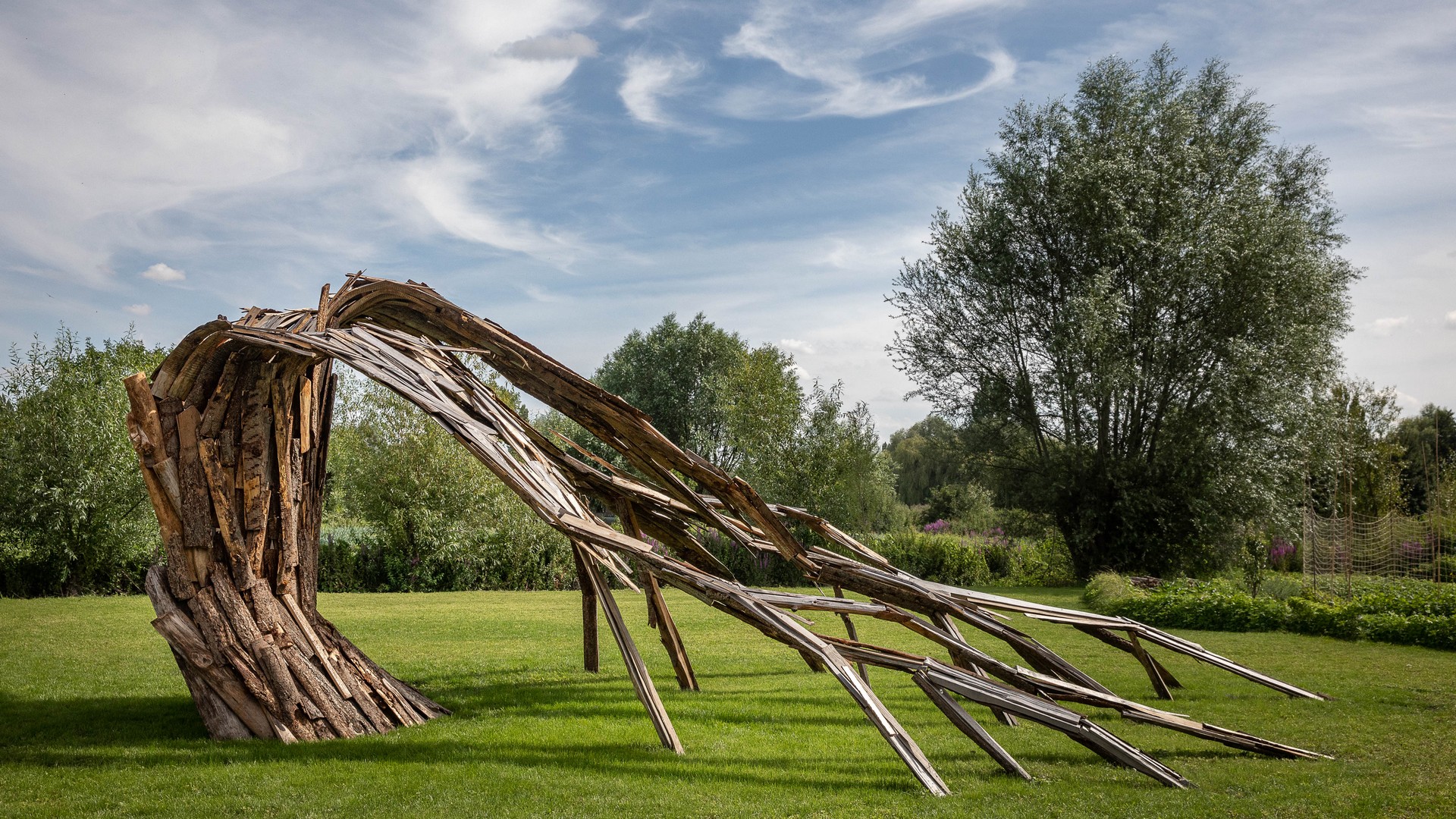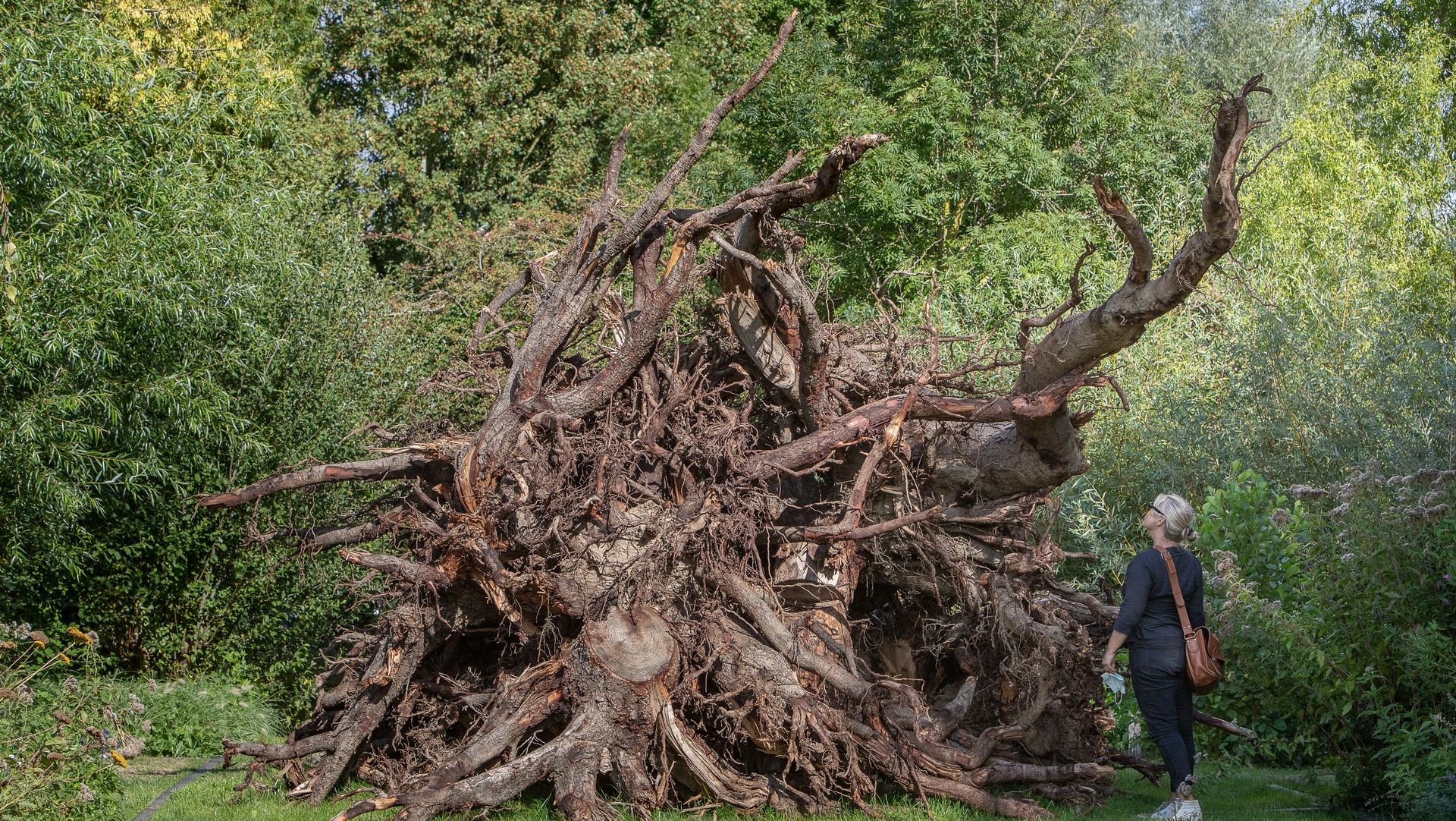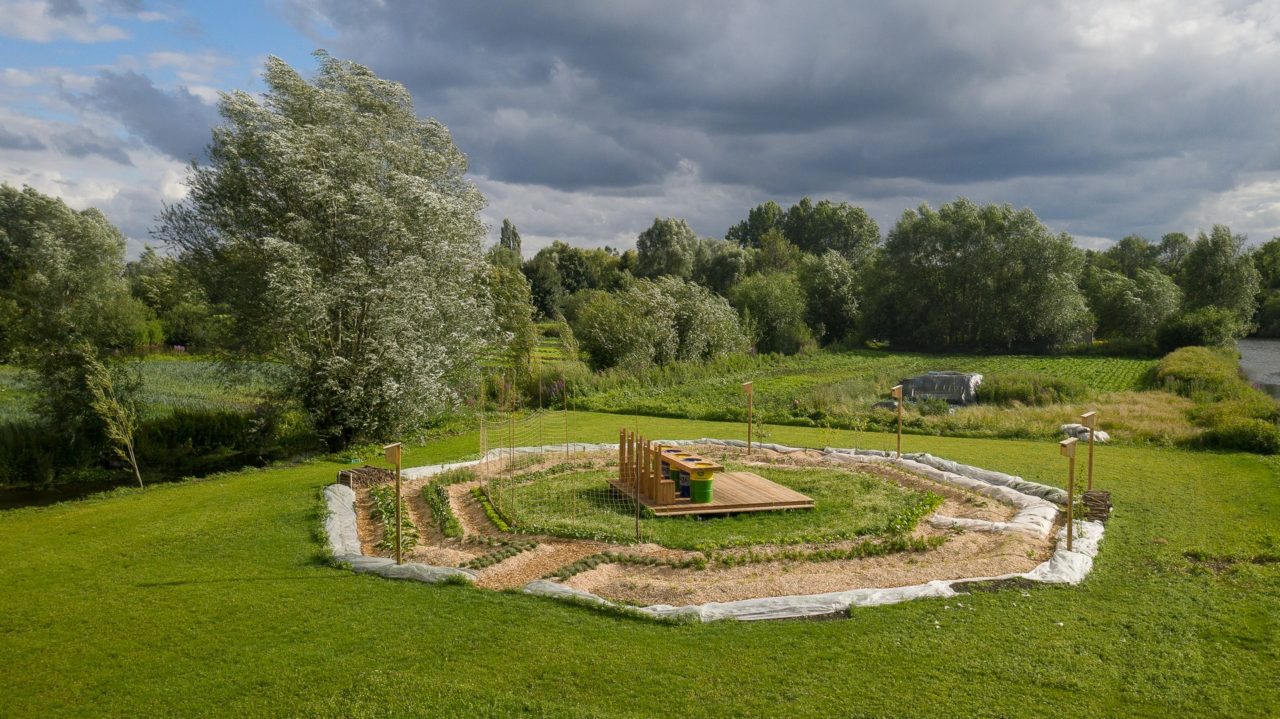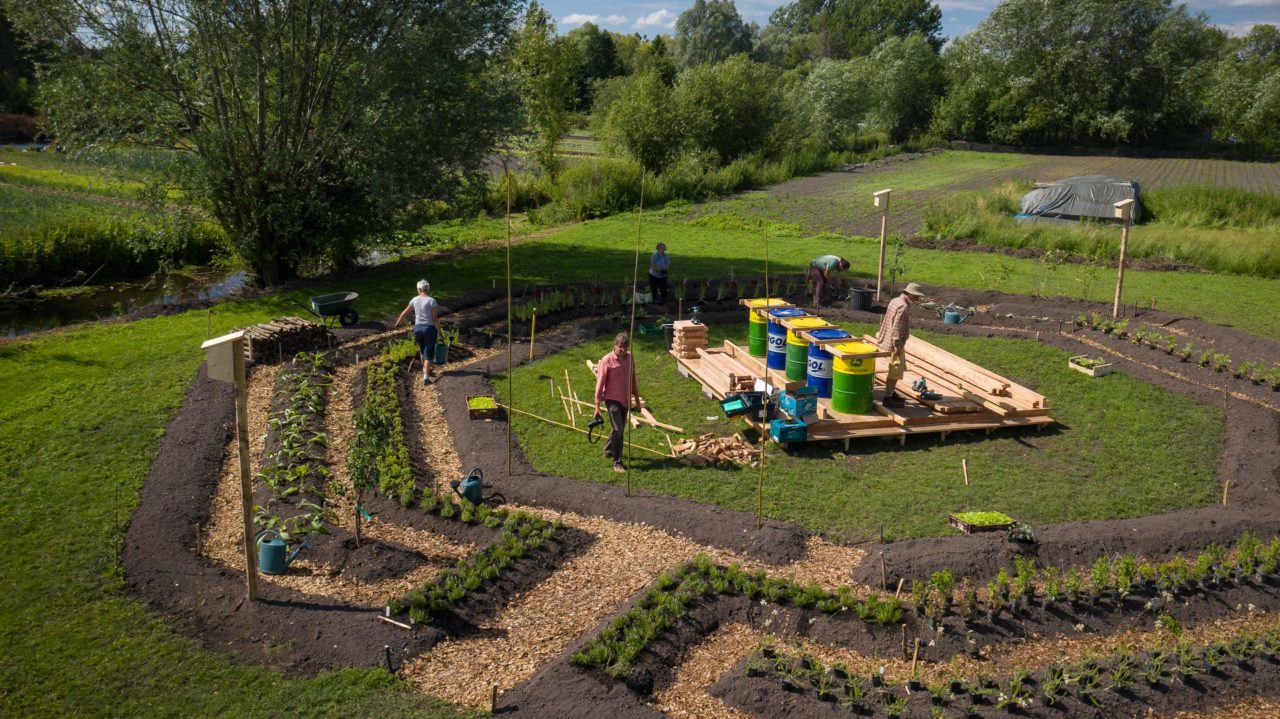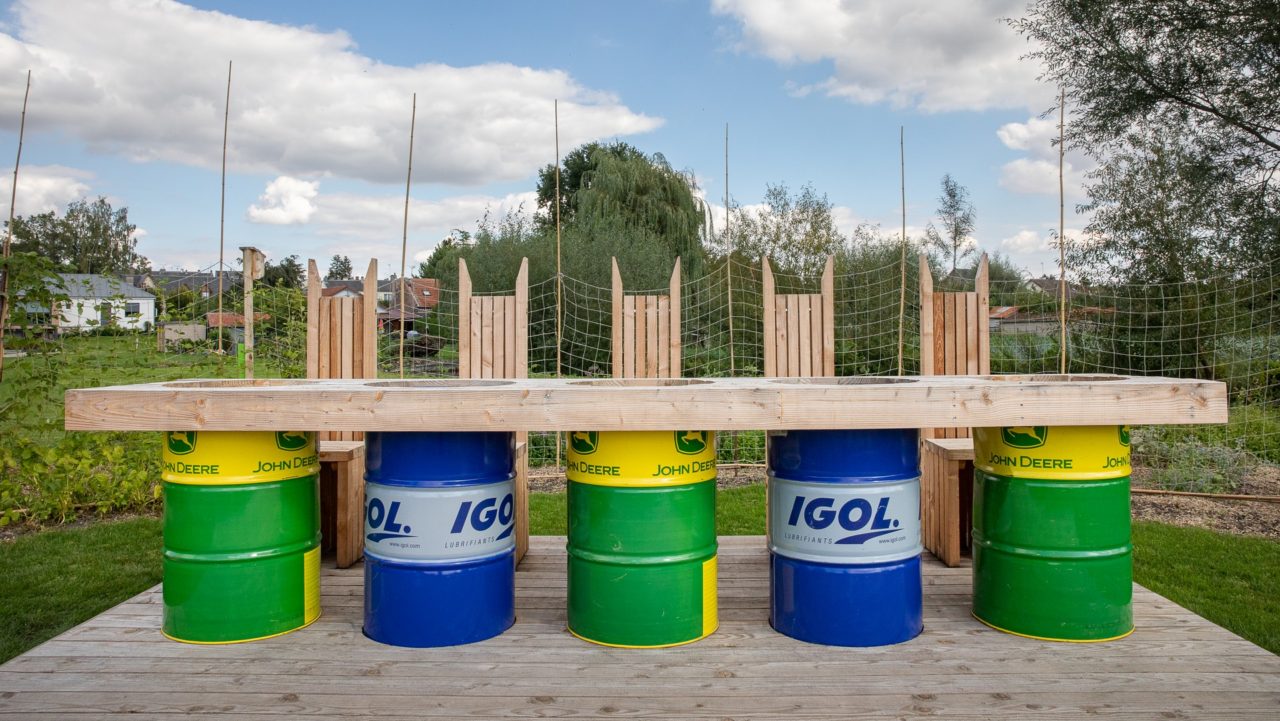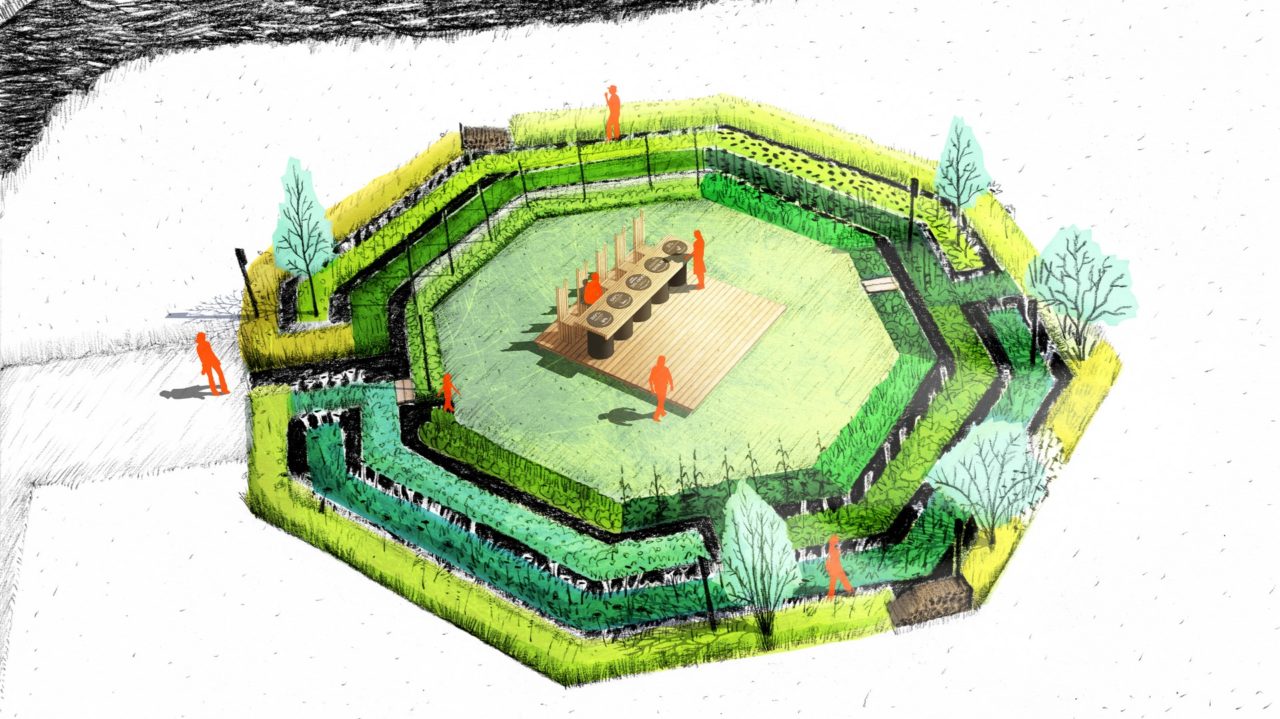Today, “Eating” has never been easier ! In Western countries you will always find something to eat: in a supermarket, a restaurant, even in our garbage cans! On what foundations does this opulence rest? Since the Neolithic Revolution, humans have been constantly inventing ploys to meet their food needs: fire, domestication, steam engine, motor vehicles. Energy allows us to overcome multiple tasks on a daily basis thanks to machines. It’s like we always have two hundred “energy slaves” for each of us. This incredible development has made it possible to build a linear food system: food production, transport of goods, processing, distribution, catering, home consumption, waste management. At each stage, a share of energy, mainly from fossil sources, is consumed: we literally eat oil. No problem if there were no serious threats to this system. In 2018, the International Energy Agency announced that the extraction of conventional oil had reached its peak in 2008, which meant a gradual decline in production in the years to come. This announcement actually raises many questions regarding the dependence of our food system on fossil fuels. On the other hand, burning these mineral resources is releasing mass greenhouse gases into the atmosphere, a primary cause of the current climate change. This global use takes us to an unstable climatic period punctuated by droughts, floods, submersions, storms : all phenomena that can harm crops. In addition, the use of pesticides and the artificialisation of soils are contributing to the decline of biodiversity. To dispense with crop auxiliaries is to encourage the emergence of parasites and seriously jeopardize food security. Le banquet cornélien illustrates the dilemma facing humanity today, that is to say to continue using fossil fuels at the risk of destroying current living conditions on Earth or drastically reduce this use at the expense of functioning of our society. Installed in th heart of Hortillonnages, in an octagonal garden, Le banquet cornélien shows the possible alternatives developed by farmers and gardeners using agro-ecological techniques.
CAMON / PORT À FUMIER – Boat trip In CAMON, rent a boat for 2h30 and sail to the different plots invested around the pond of Clermont. The rental price of a boat is based on the number of people, from 1 to 6 max. including child(ren) under 3 years old We invite visitors to continue to respect barrier gestures in order to fight against the spread of COVID-19. For any request for information, you can send an email to communication@artetjardins-hdf.com Looking forward to welcoming you soon! The team of Art & Jardins | Hauts-de-FranceInternational Garden Festival |
Hortillonnages Amiens 2023
Visit of the exhibition by boat
Boarding pontoon
35 rue Roger Allou – 80450 Camon
* 20€ / 1-2 people. * 27€ / 3-4 people. * 32€ / 5-6 people. * free -3 years old
+ ASCO fee per person: €1 / 11 years and + * €0.50 / 3-10 years
>>> Only by online reservation
To read the terms and conditions of sale, click here
For security reasons, animals are not allowed in the boats. Strollers must be dropped off at reception.
If you want more details, we invite you to consult the evolution of the reception instructions and the health rules in force on the government website: https://www.gouvernement.fr/info-coronavirus
or call +33 6 78 53 55 92


